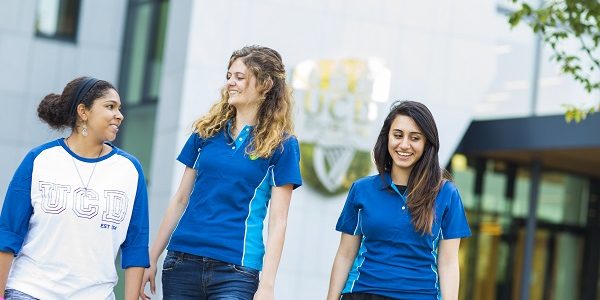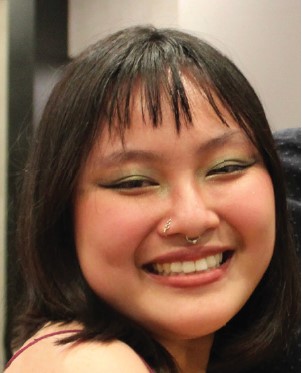Statistics (through Arts & Humanities/Social Sciences)
BA (Hons) (NFQ Level 8) or BSc (Hons) NFQ Level 8)

Course Video
Curricular information is subject to change.
Open AllIf you are interested in studying Statistics with an Arts and Humanities or Social Science subject, then this degree could be for you.
Statistics is the science of transforming data into knowledge and understanding, providing a principled approach to making data-informed decisions. Statistical methods enable us to gain insights from data, and with the advent of powerful computing technology, these methods have become widely used in many sectors. With society and the economy routinely producing vast amounts of data, the demand for data analytics skills is higher than ever.
The curriculum is designed to provide students with a solid foundation in statistical methods, with an emphasis on programming and hands-on experience tackling datarelated, real-world problems.
In the first year, you will gain a broad overview of the basic principles of statistical modelling and reasoning, while subsequent years enhance this knowledge with a mixture of theoretical and applied modules to give you a well-rounded learning experience in statistics. Notably, you will learn how to use current statistical software packages, giving insight into how statistical methods are used in practice.
BA Joint Honours:
Statistics as part of a BA can be combined wit one of twelve Arts and Humanities subjects including English, Music, Irish and History.
First Year
- Statistical Modelling
- Mathematics (including calculus)
- Plus one other subject
- Elective module
Second Year
- Statistics (including probability and inference, Bayesian statistics, predictive models)
- Plus one other subject
- Elective modules
Third Year
- Statistics (including advanced predictive models, time series, machine learning, data programming)
- Plus one other subject
- Elective modules
BSc Social Sciences Joint Honours
Statistics as part of a BSc can be combined with one of seven subjects, including Economics and Sociology.
First Year
- Statistics (including statistical modelling)
- Mathematics (including calculus, linear algebra)
- Plus one other Subject
- Electives
Second Year
- Statistics (including probability and inference, Bayesian statistics, predictive models)
- Elective Modules
Third & Fourth Year
- Statistics (including advanced predictive models, time series, machine learning, data programming)
- Research Portfolio
- Internship Opportunity
- Study Abroad Opportunity
- Plus one other subject
- Electives modules.
For detailed information on subject content click here.
Assessment will be through a combination of end-of-trimester written examinations, projects and continuous assessment.
| Study Statistics (BSc Social Sciences) |
|---|
as a Joint Major with one of the following:
| Study Statistics (BA Arts) |
|---|
as a Joint Major with one of the subjects below:
Students may apply to study abroad at international partner universities in Year 3 of the Social Sciences programme.
With a degree in statistics, you will acquire the necessary skills to unlock insights from complex data, and steer crucial decisions across a diverse range of sectors. Employers in these industries are actively seeking professionals with advanced statistical data analytics skills and reasoning. As a statistician, you will be highly valued across a broad spectrum of fi elds, and perform societal research that contributes to understanding economic and social change, informing public policymaking. You will have the opportunity to build a career in industries such as government, economic analysis, fi nance, marketing, or education. A degree in statistics also opens doors to graduate studies in both taught and research programmes.
“I originally chose to study statistics as I did well in mathematics at school and I wanted to explore our larger society’s dynamics. I study modules in Statistics and Economics and this balance alongside option modules in other social sciences subjects has provided me with a holistic understanding of Statistics and its far-reaching infl uence. Between lectures and coding labs, I apply theory into practice, working with large data sets while navigating diff erent applications of statistics. I have been able to determine my career path in trend forecasting, and I don’t think I would have come to this conclusion without UCD’s educational approach and its career support.”
Vy Nguyen, Student
Dr. Michael Fop
UCD School of Mathematics and Statistics
Belfield, Dublin 4
Email: michael.fop@ucd.ie


